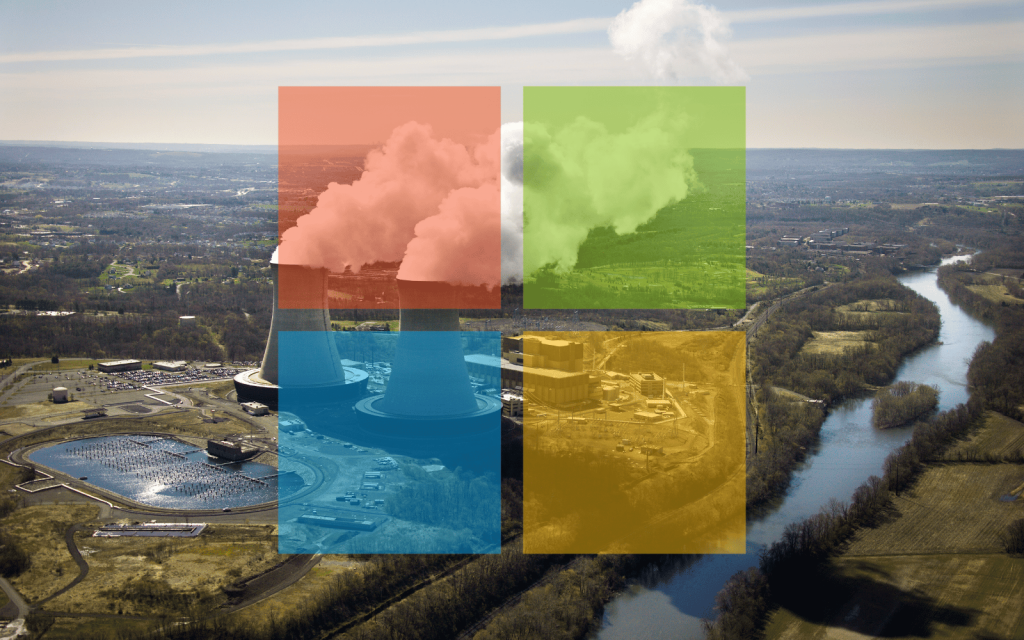Artificial intelligence (AI) is hugely energy-intensive. How do we know? Because Microsoft is busy setting up a deal that would use the output from a nuclear reactor to supply power to the company. For AI reasons, though the company might not use the output for AI directly.
The deal would see the retired Unit 1 nuclear reactor at Three Mile Island, the site of America’s closest call with a nuclear meltdown, returning online after “prematurely” retiring in 2019. The reactor’s owner, Constellation, announced its part of the deal in a release on its website.
Microsoft goes nuclear
The deal, which still lacks various regulatory approvals, will see the entire output of Three Mile Island’s Unit 1 being dedicated to the computing giant for twenty years. That’s 835MW of power dedicated to a private company — enough to power a small city.
What exactly Microsoft will use all of this power for isn’t explained. It may be supplied elsewhere so the company can get ‘credit’ it can spend on powering AI data centres, or some might directly juice up the company’s internal projects. That all rather depends on Constellation making it through the various hoops it must clear before Unit 1 can return online.
Read More: Why Microsoft’s Copilot AI falsely accused court reporter of crimes he covered
No American nuclear reactor, “retired prematurely for economic reasons” or not, has ever been returned to service. Constellation needs funding in the shape of Federal subsidies and has to pass mandatory safety inspections by the Nuclear Regulatory Commission. That’s to say nothing of the local community, which will have to absorb any environmental impacts while receiving none of the benefits of the plant’s operation. Similar objections were raised about the private equity firm using a power plant to run bitcoin mining rigs in 2021.
Still, this could prove to be a proper first — a nuclear reactor wholly dedicated to a private company. Won’t that be a wonderful thing? Corporate entities with nuclear capability sounds like the cyberpunk future we were promised in the 1980s.




